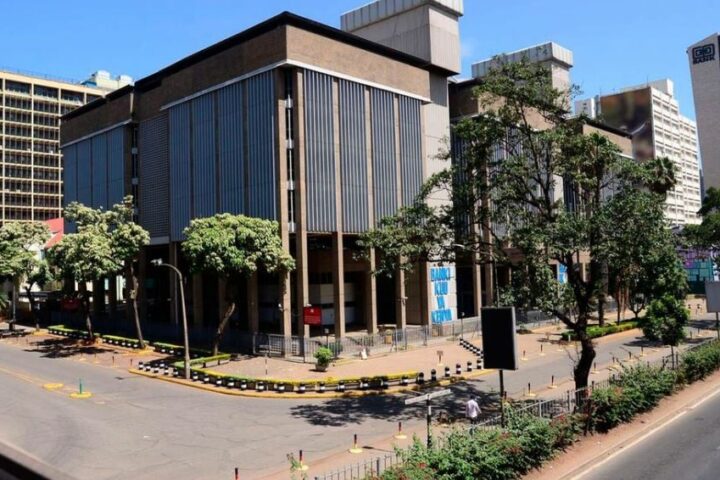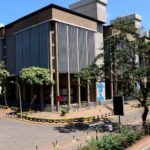 The government has reportedly sent shockwaves through thousands of civil servants and public officers by requiring them to include details of their families in the returned wealth declaration forms.
The government has reportedly sent shockwaves through thousands of civil servants and public officers by requiring them to include details of their families in the returned wealth declaration forms.
The Sunday Standard reports that public servants who have not provided the required details will face the consequence of missing out on their salaries and allowances. At the same time, non-compliance reportedly risks a fine of up to Sh1 million or a potential one-year jail term.
Civil servants, who reportedly spoke to the publication on the condition of anonymity, disclosed that they are now required to include Personal Identification Numbers (PIN) and disclose the amount and type of income earned by their spouses in the last two years.
In addition to income, public officers are mandated to disclose the job status of their spouses, along with details about properties, debtors, and financial assets and liabilities.
“Those who did not submit their forms by December 30 will have to wait a little bit longer for their salaries,” the Standard quoted a source.
Reportedly, the civil servants told the publication that before President William Ruto’s government took office, many government workers were not attentive to completing the declaration forms, particularly in the spouses’ section.
Kimani Ichung’wa’s Conflict of Interest Act
The significant shift is supported by the Conflict of Interest Act, which was endorsed by the Cabinet in March of last year. The Act aims to implement safeguards to mitigate potential conflicts of interest arising from the private interests of public servants.
The bill, championed by National Majority Leader Kimani Ichung’wa, mandates public officers to declare their wealth within 30 days of assuming office and subsequently every two years.
Failure to comply with these declarations may result in a fine of Sh1 million or a two-year prison sentence.
Additionally, officers are required to provide details about the nature of debts owed by their spouses, including the name of the debtor and the outstanding amounts.
As outlined in a template distributed to over 923,000 civil and public servants, each officer is required to declare the outstanding school fees balance, loans from friends, dividend payments from saccos, and the amount of cash held in banks.
Creditors must disclose the details of the outstanding facility, including its description, the creditor’s name and address, the security held on the facility with its location, the total amount of advances, and the respective outstanding balance.
Dowry Declaration
Those who have paid dowries for their spouses or sons are instructed to include this information in their wealth declaration forms. Parents with children of marriageable age who have received dowry are also expected to declare the amounts they have received.
Additionally, officers are obligated to provide details about all their spouses, including their information, and disclose rent payments, and monthly bills such as water, and hospital bills.
“State all particulars of your liabilities as at the statement date and attach a separate sheet of the liabilities of your spouses and dependent children under the age of 18 years prepared in the same way,” the declaration form reads in part.
Government officials are required to declare the quantity of livestock, pets (such as dogs and horses), assorted household items, jewelry, trophies, and artifacts, including drawings, paintings, carvings, and portraits.
After providing basic information such as name and Personal Identification Number, the officer making the declaration must then specify their gross salary for the last two years.
In addition to disclosing their salary, civil servants are required to declare revenue earned from various sources, including the sale of livestock or agricultural produce, interest on bank deposits, dividends from sacco savings, shares, dowry received, income from other streams such as matatu business, cash gifts, royalties, damages awarded by courts in civil cases, and income from merry-go-round activities.
Underage Dependents
If any dependents under the age of 18 years have earned income, this should also be declared on a separate sheet.
The individual making the declaration must also disclose assets, including vehicles, buildings, and motor vehicles, along with any income-generating activities undertaken during the review period.
Public servants are obligated to register ancestral land, specify the registered owner, and state the income generated from crops and other sources on the land.
These declarations extend to assets and liabilities registered in the name of dependent children as well.
Under the new guidelines, the Ethics and Anti-Corruption Commission (EACC) will be responsible for enforcing the disclosures, along with overseeing other provisions of the Act. Law enforcement agencies will have unrestricted access to the compliance reports submitted by public officers.








